
At Hagar New Zealand, we know that every purchase can help create a fairer world. When you choose products and services that are sourced ethically, you play a vital role in combating exploitation and supporting survivors as they rebuild their lives. Forced labour generates approximately US$236 billion in illegal profits annually, as reported by the International Labour Organization (ILO) in 2024.
(Source ILO, 2024)

As we work together to combat human trafficking and modern slavery, it is essential to raise awareness so consumers can make ethical choices.
At Hagar New Zealand, we are committed to providing you with the knowledge and resources to make informed purchasing decisions. By choosing products free from forced labour, you can help create a world where exploitation has no place.
Here are five practical steps to help you shop responsibly and support ethical supply chains.
Every purchase you make can contribute to the fight against modern slavery.

Take the time to research how the products you buy are made and where they come from. From the farm to the factory, every part of the supply chain could involve vulnerable workers. Look for brands that trace their entire production process and openly share their practices.
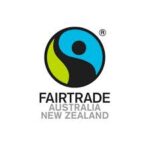
Whenever possible, choose New Zealand-made products or those from brands that support fair trade. By supporting local businesses or companies with responsible practices, you reduce the chances of contributing to unethical labour practices abroad.

Fair Trade is well known, but there are other ethical certifications that focus on workers' rights, environmental impact, and social justice. Look for labels like the Ethical Clothing Australia certification, the International Labour Organization’s Fair Recruitment Initiative, or the Global Organic Textile Standard (GOTS).
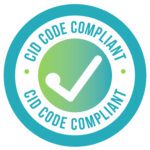
Consider how your money can be a force for good, not just in the goods you buy, but in how you invest. Ethical investment funds, such as those supporting sustainable industries and human rights, offer another way to contribute to the fight against modern slavery by funding businesses that align with your values.

Don’t be afraid to ask companies about the origins of their products, working conditions, and the steps they are taking to ensure fair labour practices. The more consumers demand transparency, the more companies will feel the pressure to provide ethical products.
Good On You
A platform that rates clothing brands based on their environmental impact, workers’ rights, and animal welfare. It’s a great tool for checking the ethical rating of fashion brands and making better purchasing choices. Visit Good On You
Ethical Consumer
An online magazine and resource for ethical purchasing. It provides information on brands and the environmental
and social impacts of different industries. Visit Ethical Consumer
Fair Trade New Zealand
Fair Trade New Zealand works with farmers and workers in developing countries to ensure fair wages, safe working conditions, and sustainable livelihoods.
The Fair Trade certification is a good indicator of ethically produced goods. Visit Fair Trade NZ
The Ethical Fashion Guide
A guide to help consumers choose clothing brands that support ethical labour practices and environmental sustainability. This guide evaluates New Zealand and international fashion brands. Visit the Ethical Fashion Guide
Trade Aid
A New Zealand-based organisation that offers ethically sourced products from around the world. Their model ensures fair wages and improved living conditions for producers in developing countries. Visit Trade Aid NZ
B Lab – B Corporation Certification
B Corporation is a certification for companies meeting high social and environmental performance standards. Look for the B Corp logo as a sign that a company values ethical business practices. Visit B Lab
Global Organic Textile Standard (GOTS)
This certification ensures that textiles are produced using environmentally and socially responsible practices. It’s especially relevant when looking for ethically produced clothing and textiles. Visit Global Organic Textile Standard (GOTS)
International Labour Organization (ILO)
The ILO promotes fair labour practices globally and provides resources for understanding & identifying forced labour and child labour in supply chains. Visit ILO
Visit Hagar New Zealand – https://hagar.org.nz
Hagar New Zealand works to support survivors of human trafficking and modern slavery. They provide useful information about the issue and ways to take action.
Visit Polaris Project – https://polarisproject.org
This organisation focuses on combatting human trafficking and modern slavery globally, offering tools and resources for consumers, businesses, and governments to help eradicate the issue.
Visit End Slavery Now – https://www.endslaverynow.org
A global initiative to raise awareness about modern slavery and human trafficking. The website includes resources for education, action, and advocacy.
Visit UNODC – United Nations Office on Drugs and Crime https://www.unodc.org
The UNODC works to fight human trafficking and provides international resources, reports, and recommendations to address the issue globally.
Visit Walk Free Foundation – https://www.walkfree.org
Walk Free Foundation produces the Global Slavery Index, which highlights regions, industries, and countries where modern slavery is most prevalent.
By leveraging these resources, New Zealand consumers can become more informed about the issue of modern slavery, make ethical purchasing decisions, and support brands and initiatives that promote human rights.
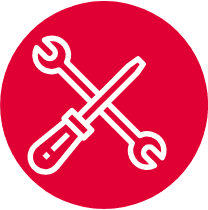
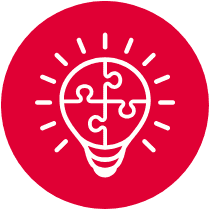
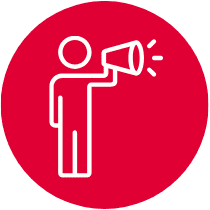
“I didn’t know the meaning of modern slavery and how to help our community members reduce their vulnerability to human trafficking. Through this training, I now clearly know how to protect my community members.”
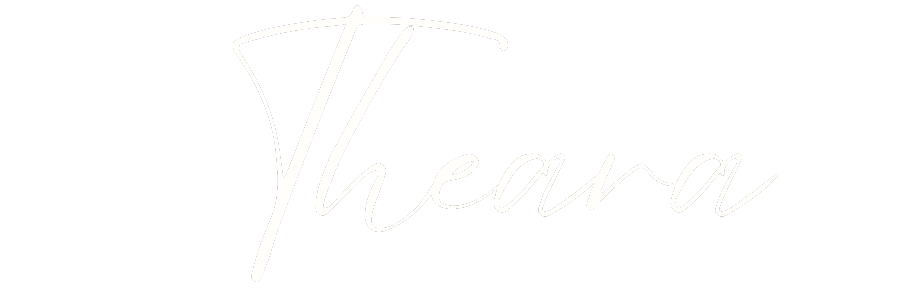
Community Leader, Cambodia